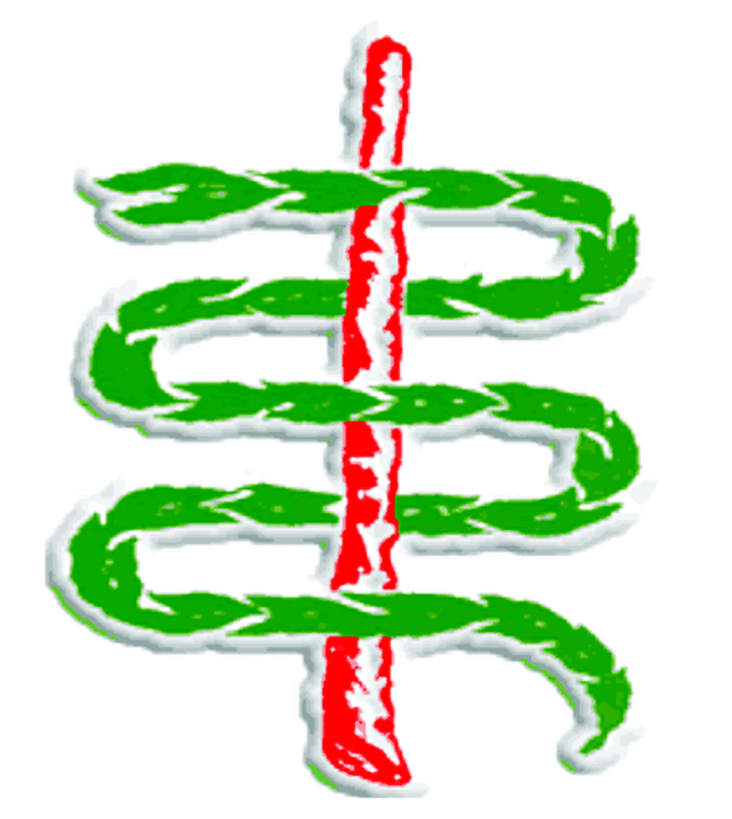Virtual workshop on invasive alien plants species risks assessment and management

This past week, we have been building the capacity of Member States on invasive alien plants species risks assessment and management as well as the use of biological control agents for crop protection.
Over 40 Member States participated in the five-day virtual workshop which was characterized by presentations, deliberations, question and answer section but most importantly, exchanging of views and possible solutions between the member states, partners and various experts in plant health.
Among other factors, Member States collectively concluded that problems of invasive alien plants species are causing significant ecological, economic, and social damages than ever imagined, and thus needs more practical and modern approaches that are responsive to the unprecedented changes.
Director of African Union Inter-African #Phytosanitary Council (AU-#IAPSC) Dr. Jean Gerard MEZUI M`ELLA stressed both at the opening and closing of the workshop, the need for various players in the biological control and invasive alien species domains, to harmonize their work so that solutions provided to challenges facing the field are being addressed broadly.
He said information shared through various captivating presentations, questions and general discussions, needed to not end at rhetoric, but must be vigilantly followed up with action.
In his remarks, Minister of Agriculture and Rural Development for Cameroon, Gabriel Mbairobe, challenged the participants to be vigilant in seeking sustainable solutions to challenges encountered in the management of plant health across the continent.
“It is clear that pests and diseases remain some of the fastest rising problems in Africa. This then demands a proactive approach to ensure that modern solutions are considered in mitigating it,” he said.
Collectively, the Member States also committed to promote community participation and involvement in their efforts to addressing biological control challenges, which they noted, necessitates actions from all players not just experts.
The workshop was dominated with deliberating, discussing, exchanging views and sharing of information on various levels, all of it, with the aim of addressing crop productivity, to ensure food security across the African continent.
The Member States through National Plant Protection Organizations (NPPOs), also agreed to approach the broader plant health challenges with a global view for strengthening cooperation and step up pest management practices by farmers and other stakeholders in Africa.



